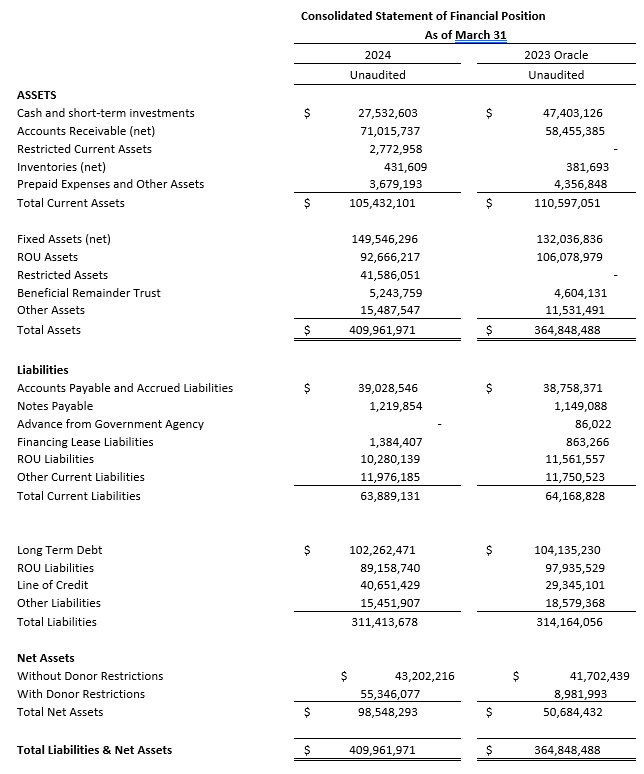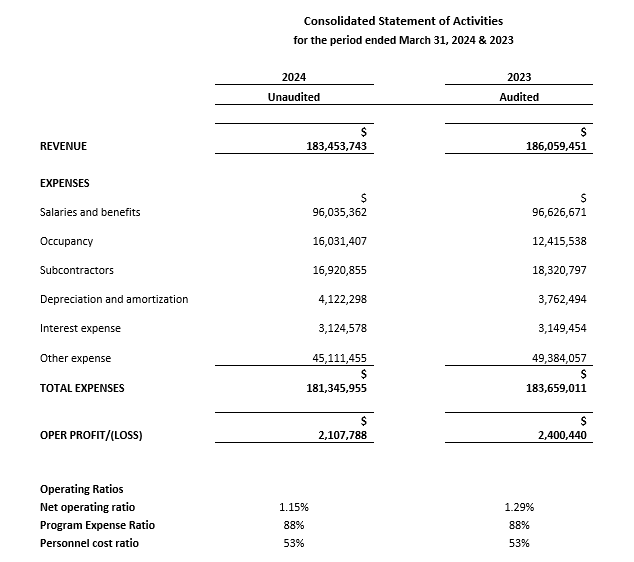Civic Hall Receives $25,000 from Verizon to Fund Scholarships for New IT Program
Program Dedicated to Expanding Access to Tech Sector Jobs for Underserved Communities
New York, NY – Civic Hall is pleased to announce a generous $25,000 donation from Verizon, dedicated to funding scholarships for Civic Hall’s newly launched comprehensive Introduction to IT program. This initiative is designed to provide foundational training in information technology, empowering individuals to build essential skills for the modern workforce.
In collaboration with CompTIA, Civic Hall’s innovative program will equip participants with the critical IT knowledge and competencies necessary for today’s technology-driven landscape. The program focuses on the CompTIA IT Fundamentals+ certification, a widely recognized credential that validates basic IT skills and knowledge. This certification is an ideal starting point for those looking to pursue a career in IT or enhance their technical skill set.
“We are immensely grateful to Verizon for their support of this critically important tech training program,” said Doug Binette, Director of Civic Hall’s NY Tech Alliance. “This funding will enable us to provide scholarships to deserving individuals from underserved communities, helping them gain valuable skills and open new career opportunities in the tech sector.”
The Introduction to IT program goes beyond technical training by incorporating financial literacy education, enhancing overall professional development. Participants will learn key financial concepts, ensuring they are well-prepared to manage their finances as they advance in their careers.
“We are proud to partner with Civic Hall and support its mission to create opportunities for individuals through technology education,” said Tavonia Davis, Regional Director of Government Affairs and Local Engagement at Verizon. “By investing in these scholarships, we are empowering individuals to drive innovation, shaping a more equitable and inclusive digital landscape, and helping to build a diverse and skilled IT workforce for the future.”
The program is open to individuals from diverse backgrounds, with a focus on underrepresented communities in the tech industry. Applications for the scholarship are now open, and Civic Hall encourages individuals to apply. For more information about Civic Hall’s Introduction to IT program and how to apply for the scholarship, please contact Jay Quaintance at JQuaintance@fedcap.org.
About Civic Hall
Civic Hall is a collaborative innovation center that brings together civic-minded technologists, social entrepreneurs, government officials, and community leaders to develop technology solutions for the public good. Located in Union Square, Civic Hall fosters a vibrant ecosystem of knowledge sharing and cooperative action.
Civic Hall’s mission is to support and enable best-in-class programs that help close the digital skills divide and plan for the needs of tomorrow’s workforce. Civic Hall facilitates groundbreaking partnerships among high-impact organizations, civic and social innovators, workforce training partners, and New York’s employer ecosystem to work collectively to meet the educational and professional needs of all New Yorkers, especially those from communities too often left behind. Civic Hall also serves as a tech incubator and accelerator, helping to spur new innovations and ideas. For more information about membership opportunities, please visit civichall.org.
About NY Tech Alliance
The NY Tech Alliance is a non-profit organization focused on supporting the tech community, with the goal of creating the most diverse, equitable and accessible tech ecosystem in the world. The team at NYTA works every day to connect businesses, startups, entrepreneurs, organizations, educational institutions, government, and people from all parts of the New York City tech ecosystem to the resources and networks they need to grow, serve, and be successful.
With over 60,000 individual and institutional members, the NY Tech Alliance represents the full spectrum of the greater New York area tech community, making it the largest tech organization in the region.
About Verizon
Verizon Communications Inc. (NYSE, Nasdaq: VZ) was formed in 2000 and is one of
the world’s leading providers of technology and communications services. Headquartered in New York City and with a presence around the world, Verizon generated revenues of $134.0 billion in 2023. The company offers data, video and voice services and solutions on its award-winning networks and platforms, delivering on customers’ demand for mobility, reliable network connectivity and security.
Contact
For media inquiries or more information, contact: Jim Malatras at JMalatras@fedcap.org.







